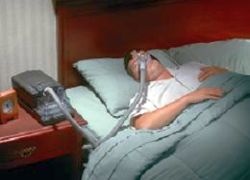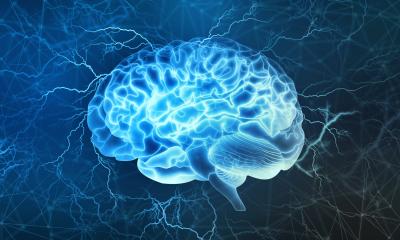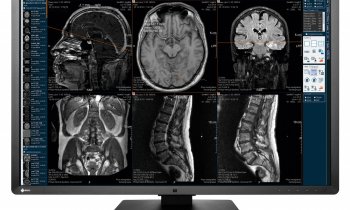Sleep apnoea study may alter stroke management
About 5.5 million people worldwide died from strokes in 2002 (Source: WHO)
Spain - New research suggests that sleep apnoea is a new risk factor for death from stroke.

Sleep apnoea describes repeatedly interrupted breathing when asleep. Sufferers may stop breathing for 10 seconds and, in some, this may occur over 300 times a night. The syndrome affects some 20% of people.
During their 30-months study (pub: European Respiratory Journal) Dr Olga Parra, and researchers at Barcelona University Hospital, began monitoring the breathing of 161 stroke patients soon after their hospital admittance due to strokes. An apnoea index was used for each patient. The team found that the higher the patient scored on the apnoea scale, the greater the risk of dying from stroke. In that period, about 50% suffered a second stroke, and 22 patients died.
The team also pointed out that the risk of a stroke and death was more obvious in those with obstructive sleep apnoea, in which the upper airways collapse.
The team do not explain why sleep apnoea raises the risk of stroke death, but they do indicate that the syndrome can be treated by using a nasal mask to give continuously supply pressurised air, which reduces breathing interruptions. A study in several Spanish centres is now underway to find out whether treating sleep apnoea could indeed cut the death rate from stroke. Although results from this will not be published for about five years, Ludger Grote, at the Sahlgrenska Hospital, Sweden, commenting in the same journal, said that the Spanish study represents ‘... a milestone in our understanding of the potential role of sleep apnoea in stroke patients’and that the initial Spanish results could have considerable implications for future stroke management.
01.09.2004











